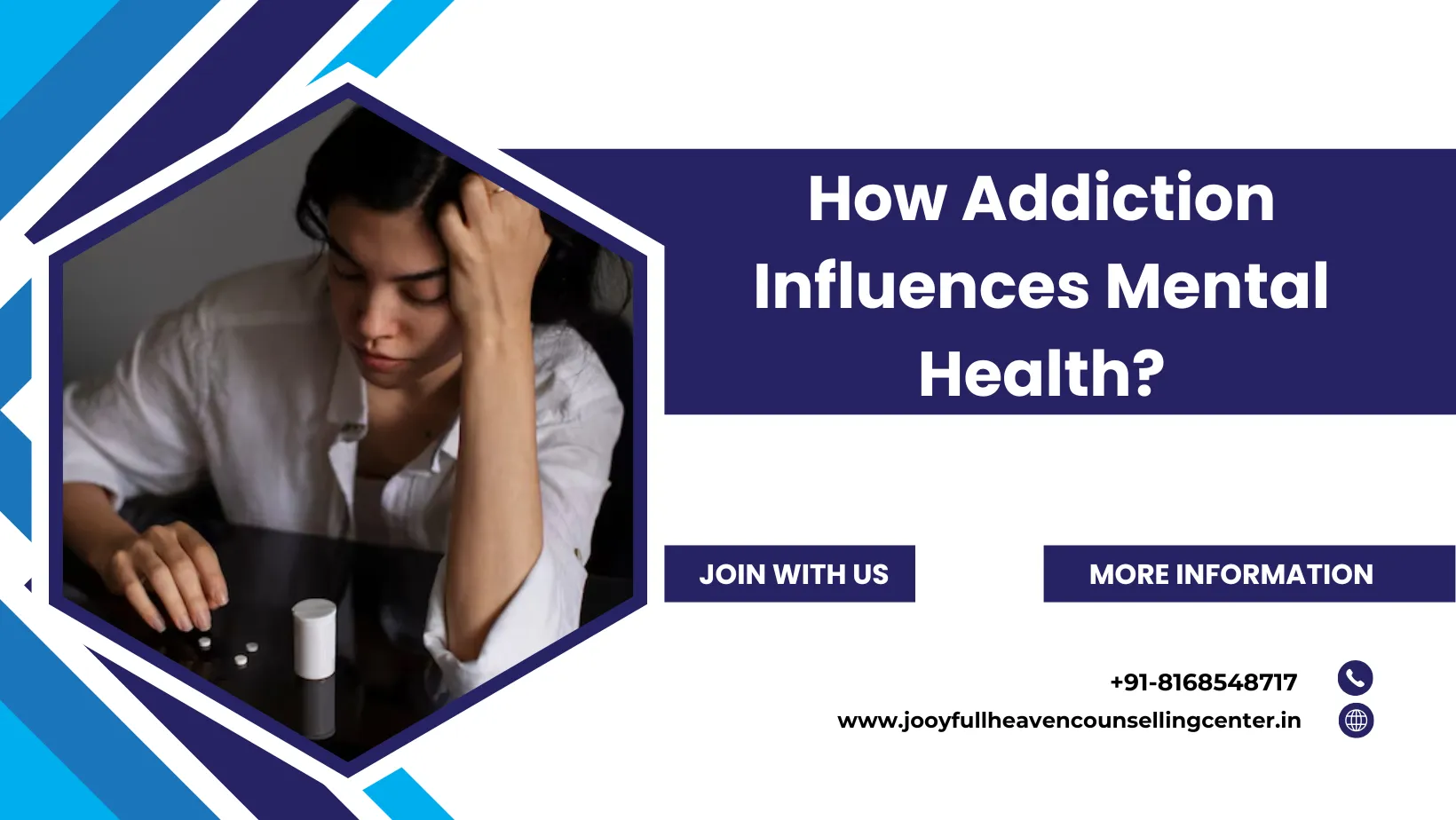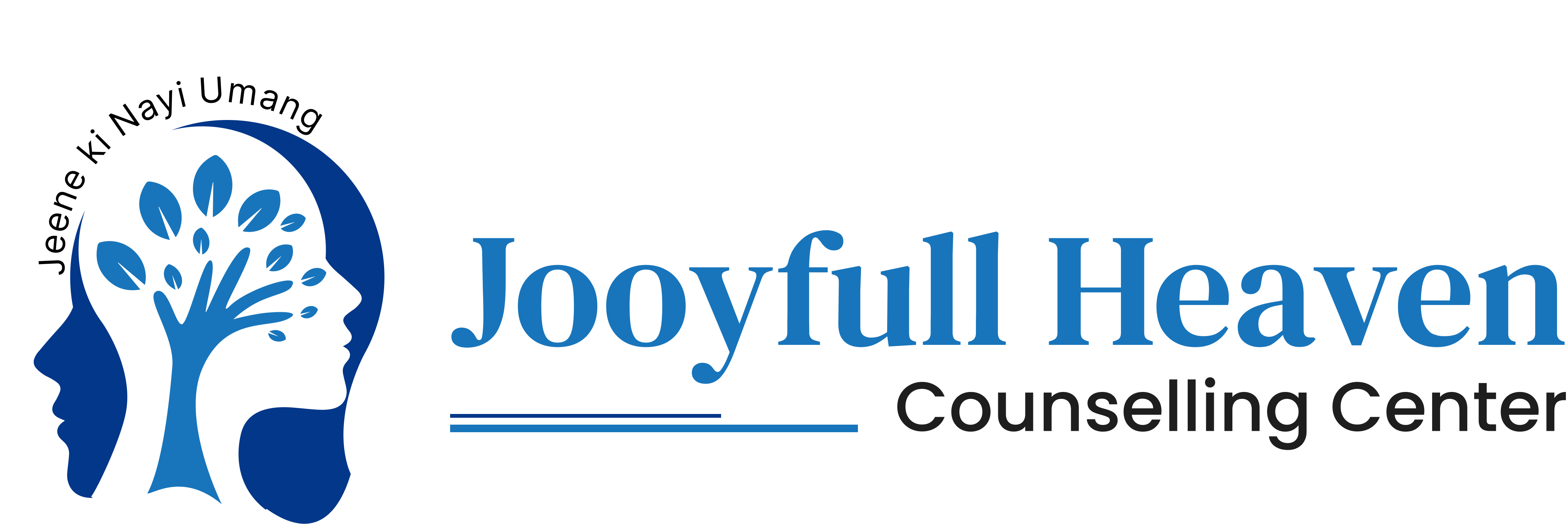
It is a complex condition affecting millions of people worldwide and impacts physical, emotional, and psychological well-being. Addiction greatly impacts mental health, causing broad consequences that could even change one’s life significantly. This post will discuss ways in which addiction, through different forms, has an impact on mental health, and how a professional can help in recovery.
It can be a drug use disorder such as alcohol or drug addiction, or behavioral addictions like gambling or mobile addiction. However varied the substance or behavior might be, it essentially impacts a person’s mental and emotional condition equally destructively.
The moment an individual becomes addicted, their brain chemistry changes. It is as though the reward system of the brain is hijacked, and thus they cannot find pleasure or be content without carrying out the addictive behavior. Long-term mental health issues such as anxiety, depression, and in some cases psychosis, can develop from this rewiring.
Mental illnesses that are frequently linked to addiction include anxiety and depression. Of the most commonly seen outcomes, isolation, financial stress, and damaged relationships will contribute to a mental health disorder. In point of fact, most people treat their addiction as a form of self-medication in an effort to manage feelings such as depression or anxiety and, in this way, engage in a vicious cycle in which the addiction will worsen the mental health disorder and vice versa.
Chronic drug use can lead to severe impairments of the thinking ability. Addiction can impair memory, judgment and ability to focus. People who are addicted suffer from poor thought processes or the inability to focus and may end up frustrated with low self-esteem.
Some may be addicted and hence develop Obsessive-Compulsive Disorder. Compulsive behaviors such as excessive hand washing, checking, or organizing may develop because the individual cannot control the anxiety brought about by his addiction. Such behaviors can affect the daily functioning of the individual and lead to further mental health deterioration.
For those suffering with OCD or with addiction, special treatment programs either in Ocd Treatment in Jaipur or such other places shall help manage and control both along with an increased quality of life.
In general, addiction co-occurs with other mental health disorders, such as bipolar disorder, schizophrenia, or personality disorders. It is termed dual diagnosis, whereby the two must be treated concurrently to be successfully recovered. An addicted individual, however, may be diagnosed with another health disorder; he/she needs appropriate treatment from a Mental Health Counsellor or someone specializing in co-occurring disorders.
No individual can recover from addiction alone. Addiction is a chronic mental illness. It requires some professional intervention towards permanent recovery. A Mental Health Counsellor may help the addict deal with psychological causes behind his addiction, devise healthier strategies to cope up, and thus work towards reconstructing one’s life.
The following is a list of options for assistance:
Traditional face-to-face counseling with a professional is a significant step in healing. Counseling with a Health Counsellor offers an individual a protected environment in which one can share their addiction and mental health concerns. Professional therapists can assist an individual in devising coping mechanisms, setting limits, and directing people through the healing process.
Online mental health counseling is an excellent alternative for those who cannot attend therapy in person due to geographical, financial, and time-related issues. Virtual therapy sessions would really support a person in the same competent way as in-person visits, making them convenient and flexible. It becomes life-saving for those people who need a systemic addiction therapy or have co-occurring mental health conditions.
Addictions are not only about the addict but also the family. They lose sense of control and become angry or drain emotionally. Family counselling near me can help them resolve problems, learn from addiction, and rebuild trust and communication. Therapy helps them learn how to support them while setting boundaries for healthy functionality.
The stigma related to addiction and mental health usually scares people off from seeking assistance, but help begins with treatment. You could be looking for Mental Counseling Near Me or OCD treatment in Jaipur, or simply a Health Counsellor who specialises in addiction-you can seek help.
This calls for the treating of addiction as a disease. This is because it is not a moral weakness. Like every other disease, addiction needs treatment with sympathy and compassion. Attending a professional for help is the most advisable step for recovery in case one is addicted or when someone close is addicted with a health issue.
Addiction and health disorders are related to each other, and an untreated one leads to the exaggeration of another. Recovery, however, is not easy and can be only achieved with a Mental Health Counsellor and online counseling, or even just family therapy, and it will be possible for them to reclaim their lives back. Taking the first step with professional help to heal is possible, and seeking help is never too late in life.
Remember that mental health is as crucial as physical health and that the cure is within the reach. Do you seek Ocd treatment in Jaipur or are in need of finding some mental counseling near me or want to see what family counseling near me will provide? In either case, support is nearby.
1. How does addiction affect mental health?
The addition of this disease to your mind can significantly affect mental health. It may therefore trigger or exacerbate mental health disorders like anxiety, depression, and obsessive-compulsive tendencies. The chemical changes associated with addiction may work to impair brain function, create unnecessary stress, and promote emotional instability that compromise mental health.
In addition, at some point, individuals will also use substances or behaviors to self-medicate, which aggravates the actual mental health problems.
2. Does addiction induce Obsessive-Compulsive Disorder?
Yes, because addiction can definitely contribute to the onset or worsening of Obsessive-Compulsive Disorder. With altered brain chemistry due to addiction, a person may develop compulsive acts like excessive handwashing or organizing based on some anxiety or stress. Such compulsive acts become an integral part of the cycle of addiction, thus making it harder to treat both conditions together.
3. How can a Mental Health Counsellor support in addiction recovery?
A mental health counselor can help the addict resolve his underlying reasons for addiction, thereby helping the addict in recovering from addiction. He may use cognitive-behavioral therapy to enable them to adopt better ways of coping, besides helping them regain relationships and cope with their feelings. The counselor offers a secure environment for people to speak out openly, hence helping individuals easily communicate their feelings and move toward lasting recovery.
4. What is the advantage of Online Mental Health Counseling for addiction?
Since it is convenient, flexible, and accessible for those who cannot attend in-person therapy due to time, financial, or geographical limitations, such therapy is as effective as face-to-face traditional treatment sessions. Professional help can be accessed from the comfort of one’s home, and online counseling can treat addictions alongside any co-occurring mental health conditions.
Also Read: How Mobile Phone Addiction is Changing Our Lives
